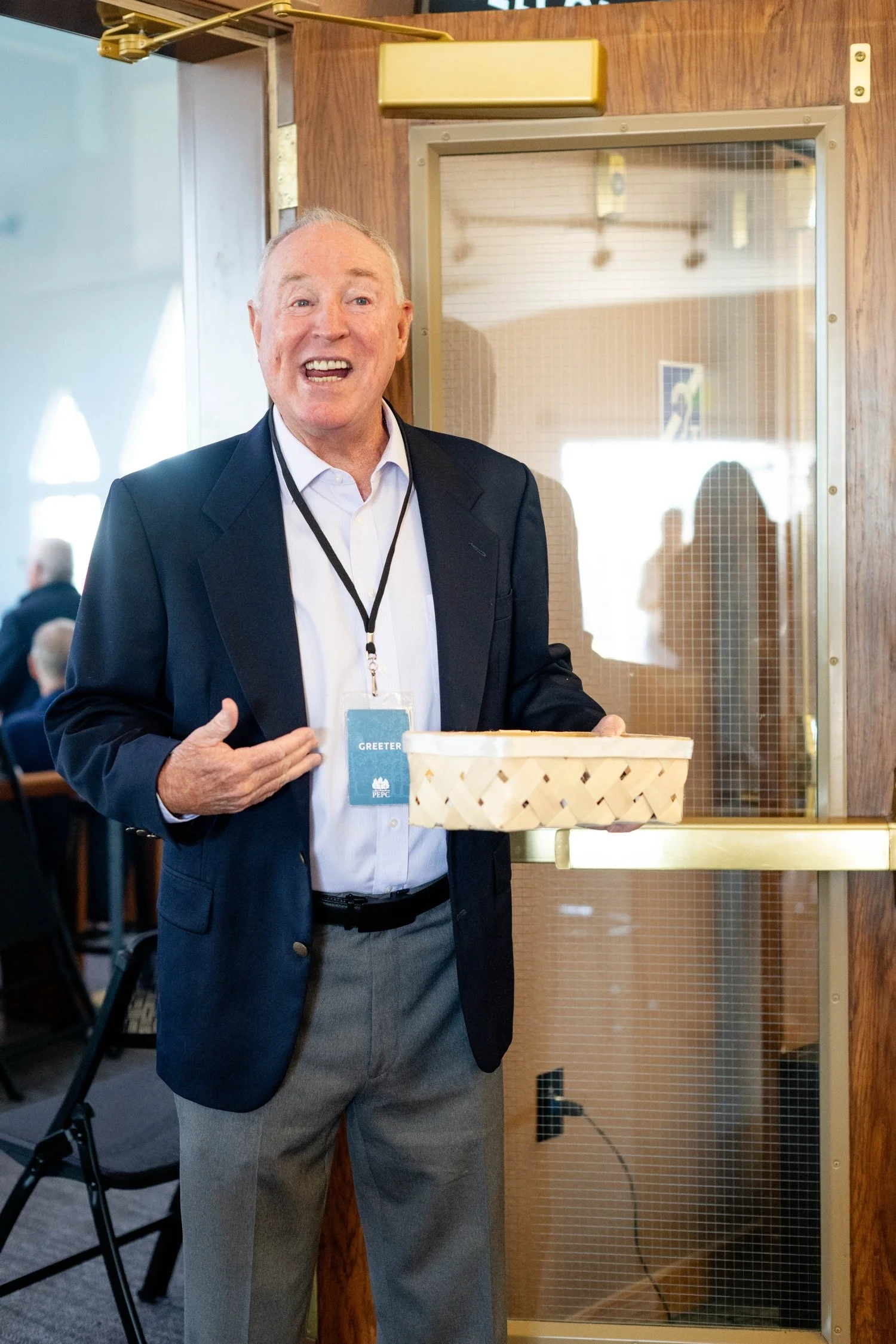Readings for today: 1 Chronicles 23-26
“When David got to be an old man, he made his son Solomon king over Israel.” (1 Chronicles 23:1 MSG)
Legacy. It’s something all of us will leave to our children, our grandchildren, those we work with, and, for pastors especially, those we serve. Over the past several years, I’ve been part of a couple of teams in my denomination both regionally and nationally that oversee the work of pastors and churches. As such, it has been my privilege to walk alongside several pastors as they made the transition into retirement. It wasn’t always easy. Some of those transitions were smooth. Some were rocky. Some were planned. Some were unplanned. Some felt affirmed on their way out. Others felt pushed out by the people they loved. My biggest takeaway? We either plan for the day when we will no longer be around or someone else will plan it for us.
David made plans. He understood from wisdom and experience that he could set his successor, Solomon, up for success. So he organizes the Levites. Helps them transition from service to the Tabernacle to service in the Temple. Gives them new roles and responsibilities that fit the new situation they will find themselves in. He organizes the priests. Casts lots so they can be established in their terms of service. He sets up the musicians in their service. And then the gatekeepers, treasurers, and other officials. It is a massive undertaking. A complete reorganization from top to bottom of the entire leadership structure of a nation. Imagine what might have happened had David left this to Solomon to figure out? Imagine the infighting. The jockeying for position. The currying for favor. Imagine the chaos that might have resulted as the sons of Eleazar fought with the sons of Ithamar for the power of the priesthood. Imagine the sons of Levi, set free from their obligations to carry and care for the Tabernacle, refusing to care for the sacred elements of the Lord. Imagine the gatekeepers and musicians each deciding to do their own thing. Solomon would have had a mess on his hands for sure!
But David was faithful. He knew a significant part of his role was to finish well. To pass on a strong legacy to his son. Not just for Solomon’s sake but for the sake of Israel as a nation. Because of my experience walking alongside so many pastors, my wife and I talk a lot about our legacy. I just hit 50 this year and it feels like the years are passing by so fast. How am I preparing to pass on what has been entrusted to me? Should the Lord tarry and give me a rich and full life on this earth, I might have twenty good years of pastoring left. What will those years look like? How will I spend them? When will I know it is time to raise up my successor? How can I set them up for success? My youngest children are preparing to leave home and head off to what’s next. What kind of spiritual legacy have I given them? How have I prepared them to take on the roles and responsibilities of an adult? My parents are getting older and have begun to face the challenges that come along with aging. Am I prepared to care for them? Assist them? Make sure they continue to live a rich and full and vital life alongside their grandkids? These are important questions to ask and ponder and pray over no matter what season of life you find yourself in.
Readings for tomorrow: Psalms 131, 138-139, 143-145




